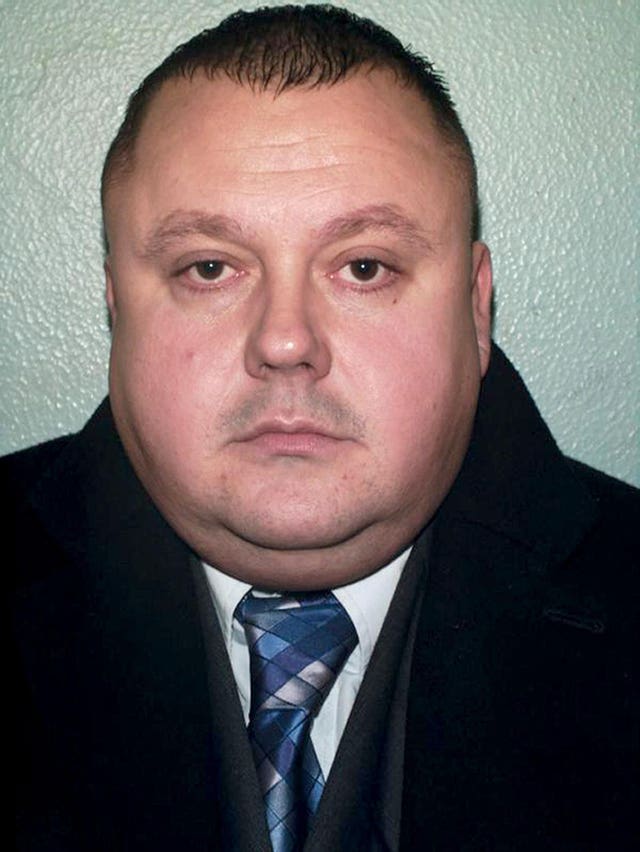Whole-life orders: The sentence that sees criminals likely to die behind bars
‘Brutal’ killer Damien Bendall joins a string of some of the country’s most dangerous offenders serving whole-life orders.

Whole-life orders are the most severe punishment available in the UK criminal justice system for those who commit the most serious crimes.
‘Brutal’ killer Damien Bendall joins a string of some of the country’s most dangerous offenders who are expected to die behind bars, including disgraced police officer Wayne Couzens and necrophiliac David Fuller.
They will never be considered for release, unless there are exceptional compassionate grounds to warrant it.

He also admitted raping Lacey at the house in Killamarsh, near Sheffield, in 2021, during what prosecutor Louis Mably KC told Derby Crown Court were “brutal, vicious and cruel attacks on a defenceless woman” and young children.
More than 60 criminals are serving whole-life orders. According to Government figures, there were 64 recorded as of September. It is understood there have been a further two applied since then.
In April, homegrown terrorist Ali Harbi Ali was handed a whole life order after being convicted of murdering MP Sir David Amess and preparing terrorist acts by jurors who spent just 18 minutes in retirement.
In December last year, Fuller was handed a whole-life tariff for the murders of Wendy Knell and Caroline Pierce in 1987 and the sexual abuse of more than 100 dead women and girls in hospital mortuaries.
Couzens’ whole-life sentence for the murder of Sarah Everard was the first time the tariff has been imposed for a single murder of an adult not committed in the course of a terror attack.
Milly Dowler’s killer, Levi Bellfield, is serving two whole-life orders – for her murder, the killings of Marsha McDonnell and Amelie Delagrange, as well as the attempted murder of Kate Sheedy.
Other notorious criminals serving whole-life orders include: Gloucester serial killer Rose West; Michael Adebolajo, one of Fusilier Lee Rigby’s killers; Mark Bridger, who murdered five-year-old April Jones in Wales; neo-Nazi Thomas Mair, who killed MP Jo Cox; Grindr serial killer Stephen Port; and more recently the Reading terror attacker Khairi Saadallah, who murdered three men in a park.

In the past, home secretaries could issue whole-life tariffs and these are now determined by judges.
Under the Police, Crime, Sentencing and Courts Bill, which passed through Parliament earlier this year, the Government has expanded the use of whole-life orders for premeditated murder of a child.
The reforms allow judges to hand out the maximum sentence to 18- to 20-year-olds in exceptional cases, such as for acts of terrorism leading to mass loss of life.
The act also gives judges the discretion, in exceptional circumstances, to impose a whole-life order on offenders aged 18 or over but under 21.
Manchester Arena bomb plotter Hashem Abedi, who was convicted of conspiring with his suicide bomber brother Salman Abedi over the 2017 atrocity, avoided a whole life order because he was 21 at the time.





